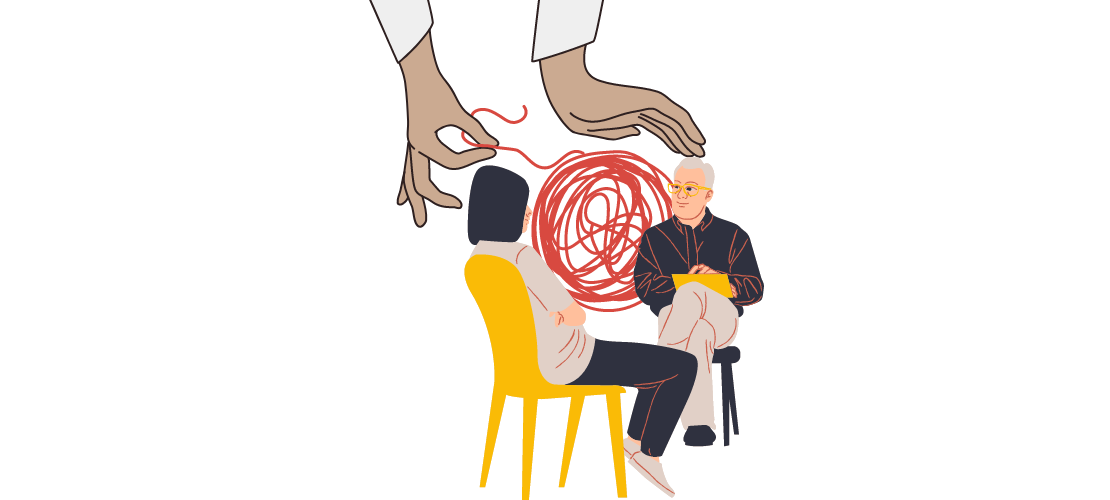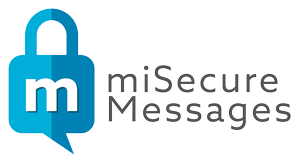
National Shift in Mental Health Care
The pandemic has significantly impacted people's mental health, shifting priorities toward wellness and self-care. More people have become more aware of the importance of maintaining physical and mental health. A Forbes article, “50% Of Gen Z Cite This Health Improvement As A Top New Year's Resolution For 2023” by Sarah Davis, highlights this cultural shift towards wellness. In this article, Forbes Health surveyed 1,005 U.S. adults and found that "45% of respondents noted an improvement in mental health as one of their top New Year's resolutions." Due to these shifting priorities, healthcare providers and therapists are seeing a dramatic rise in patient load. Telehealth has become especially popular as people seek medical services from the safety and comfort of their homes. How do healthcare professionals seamlessly create referrals, send prescriptions, and communicate effectively when appointments and medical care services are delivered online? Using a secure, medical, text app can resolve the communication barriers healthcare specialists are experiencing. Investing in miSecureMessages can allow healthcare providers to reach a specialist, view assignments, and consider time coverage. With the OnCall Scheduling feature from 1Call, healthcare providers can initiate shift swaps in miTeamWeb with other qualified providers, preventing burnout and improving staff members' communication for safer transfer.
Teletherapy Communication
Along with the rise in teletherapy, mental health services also see increased patient volume after the pandemic. In a study titled, "Mental Health Service Utilization Rates Among Commercially Insured Adults In The US During The First Year Of The COVID-19 Pandemic" by Ryan K. McBain, Ph.D. et al., the authors found that one out of five adults suffer from some sort of mental illness, and "of these 50 million individuals, only half received mental health services from 2020 to 2021 due in large part to workforce and other capacity constraints," (McBain et al., p.2). Mental health services are sometimes not covered by insurance, and due to difficulty accessing therapy, mental health-related hospitalizations are costly and common if patients have untreated mental illnesses. Having and maintaining good health, in general, is a constant reminder and challenge when the pandemic is testing healthcare and technology. Are communication processes considered when the healthcare industry suggests telehealth and shifting services? Streamlining communication is always a challenge within the healthcare industry. When organizations choose miSecureMessages, communication is not be a barrier, and healthcare providers will reduce medical errors significantly. Healthcare providers can now remain HIPAA-compliant while staying connected and exchanging PHI.
Here are some examples of miSecureMessages' capabilities to simplify healthcare provider's workflow:
- Advanced security options include requiring a passcode, Face ID (Apple), or fingerprint authorization (Android).
- Away Messages gives healthcare providers the ability to keep each other in the loop when they are unavailable with a customizable message or preconfigured messages.
- Marking the messages from normal to high priority enables healthcare providers to immediately detect which tasks are urgent.
More and more patients are seeking personalized care and raising expectations on medical care. An article by Dana Brownlee from Forbes, “82% Of Employed Gen Zers Want Mental Health Days, Study Finds,” states the pandemic is disrupting many people's daily lives, and “Gen Zers” are hoping more workplaces will adopt "mental health days." With the younger generation shifting health priorities, mental health specialists can expect a higher patient volume as more patients become proactive in treating mental illnesses. miSecureMessages can help organizations manage the increase in patients by providing a secure platform for healthcare specialists, leading to better outcomes for medical professionals and patients.

